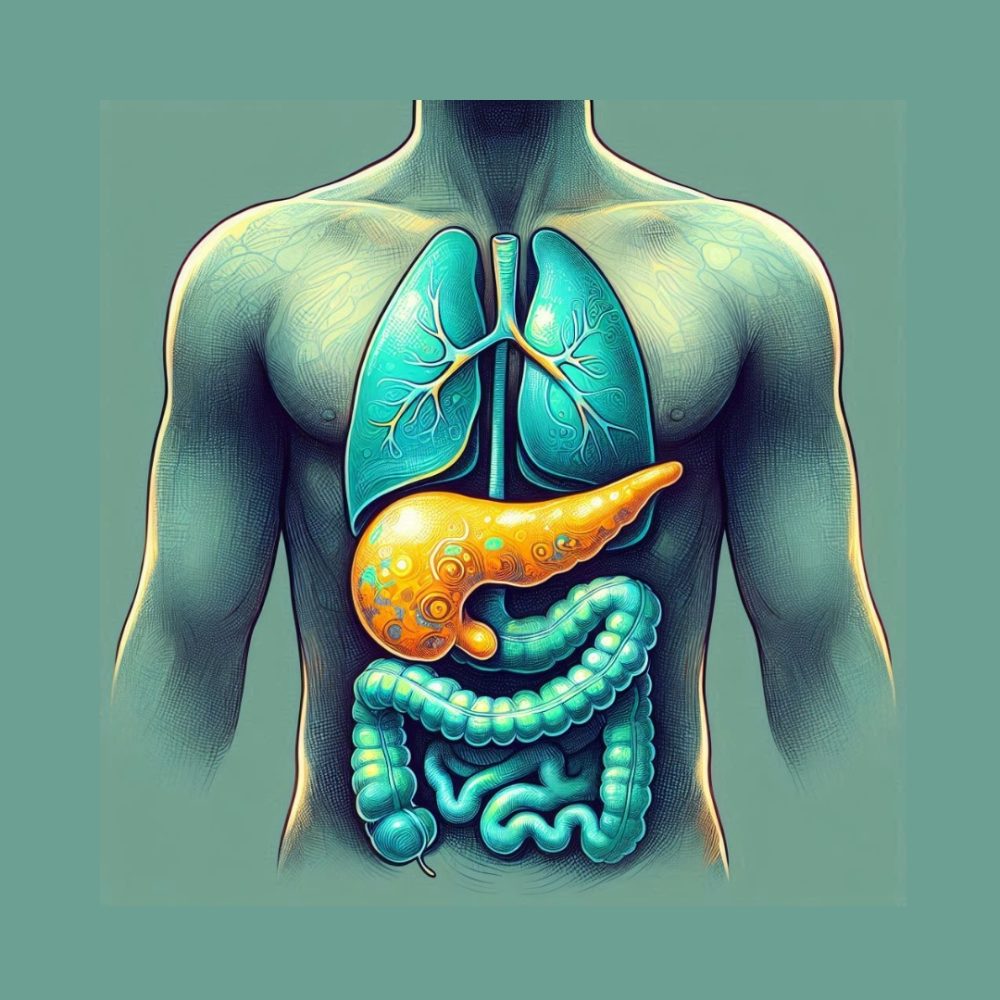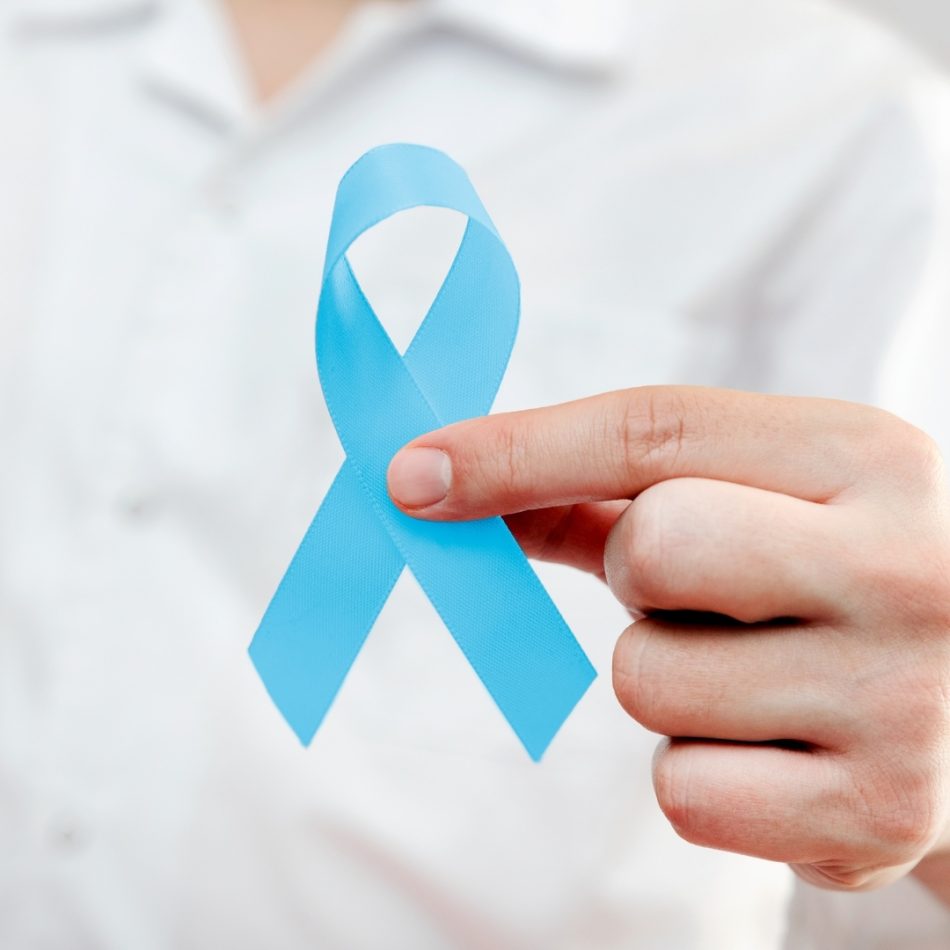What's the Buzz About Pancreatic Cancer?
Meet Dr. Swapnil Patel, your guide through the twists and turns of pancreatic cancer. As an AIIMS Delhi alumnus and former Associate Professor at Mahamana Madan Mohan Malviya (Tata) Cancer Institute in Varanasi, Dr. Patel brings a wealth of experience and compassion to the table.
So, what’s the deal with pancreatic cancer? Well, buckle up because we’re about to embark on an enlightening journey. Your pancreas, a trusty little organ tucked away in your abdomen, plays a crucial role in digestion and blood sugar regulation. But alas, sometimes things go awry, and that’s where pancreatic cancer makes its grand entrance.

Causes and Symptoms Pancreatic Cancer

Causes:
- Genetic mutations: Inherited genetic mutations like BRCA1, BRCA2, and PALB2 increase the risk.
- Smoking: Tobacco use, including cigarettes and cigars, is a significant risk factor.
- Age: Risk increases with age, especially over 60 years old.
- Obesity: Being overweight or obese raises the likelihood of developing pancreatic cancer.
- Chronic pancreatitis: Long-term inflammation of the pancreas can lead to cancerous changes.
- Diabetes: People with long-standing diabetes are at higher risk.
- Family history: Having a family member with pancreatic cancer increases susceptibility.
Symptoms:
- Jaundice: Yellowing of the skin and eyes.
- Abdominal pain: Dull or sharp pain in the abdomen, often radiating to the back.
- Unexplained weight loss: Losing weight without trying.
- Loss of appetite: A decreased desire to eat.
- Digestive problems: Nausea, vomiting, or changes in bowel habits.
- Fatigue: Feeling tired or weak.
- New-onset diabetes: Developing diabetes later in life without a clear cause.
The Silver Lining: Benefits of Seeking Help
- Early Detection: Early diagnosis improves the chances of successful treatment and better outcomes.
- Personalized Treatment Plans: Access to specialized care tailored to individual needs and cancer stages.
- Advanced Treatment Options: Availability of cutting-edge therapies, including surgery, chemotherapy, radiation, and targeted therapies.
- Expert Care Team: Multidisciplinary teams provide comprehensive care, combining expertise from various specialties.
- Support Services: Access to psychological support, nutritional advice, and palliative care to improve quality of life.
- Improved Survival Rates: Professional treatment increases survival chances and prolongs life expectancy.
- Clinical Trials: Opportunities to participate in clinical trials for new treatments.
- Symptom Management: Effective management of symptoms like pain, nausea, and fatigue for better day-to-day living.
- Continuous Monitoring: Regular follow-ups to monitor progress and adjust treatments as needed.
- Emotional Support: Counseling and support groups to help cope with the emotional impact of cancer diagnosis and treatment.

